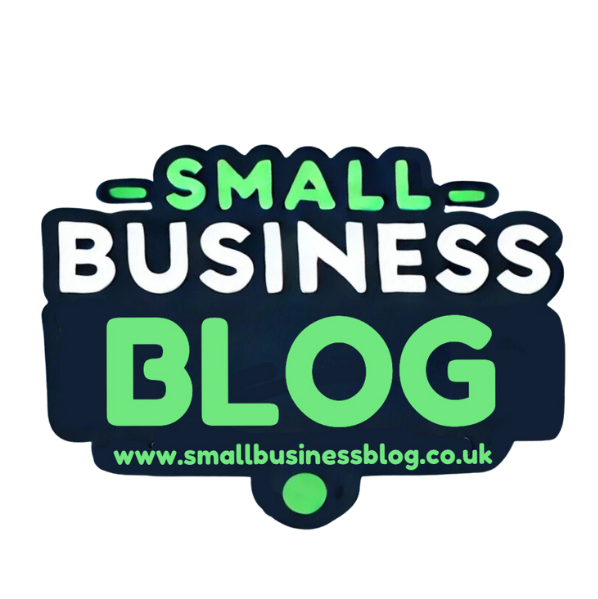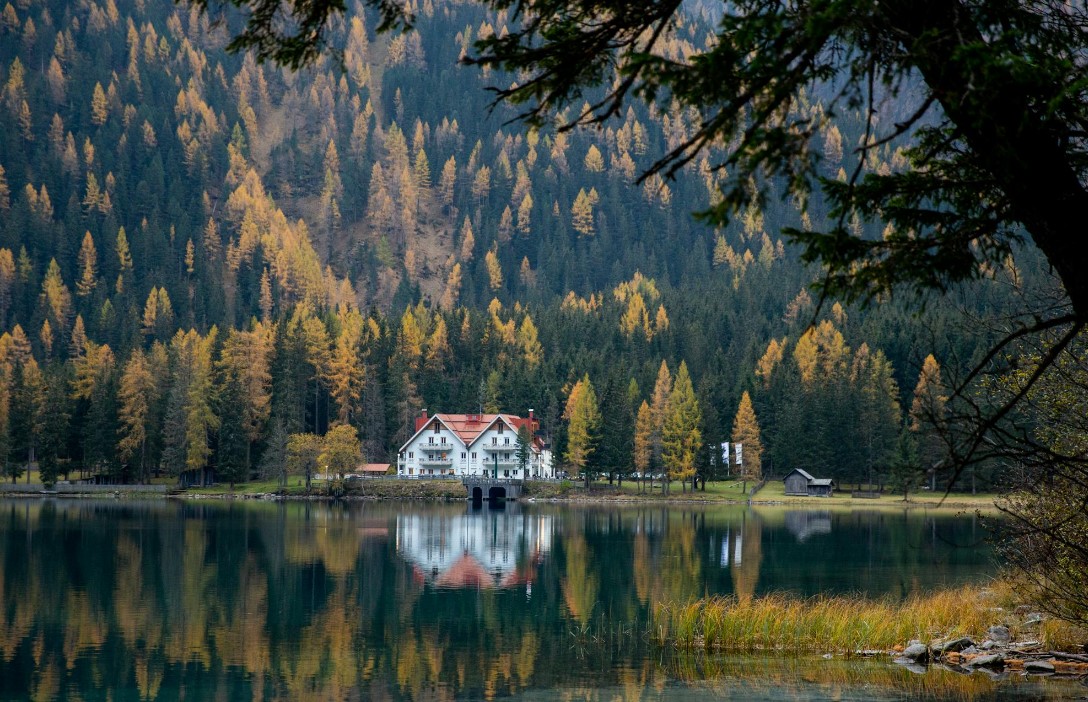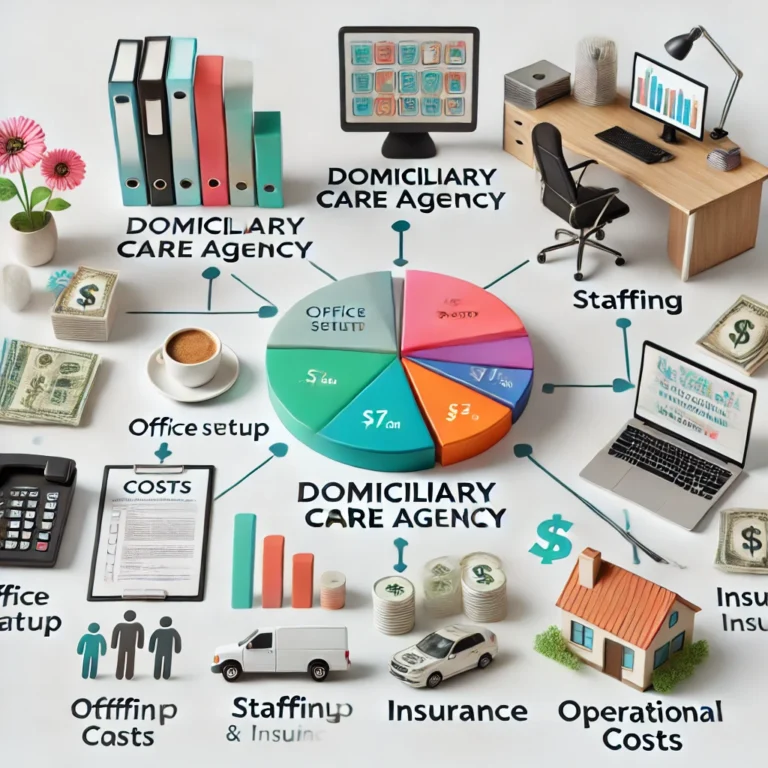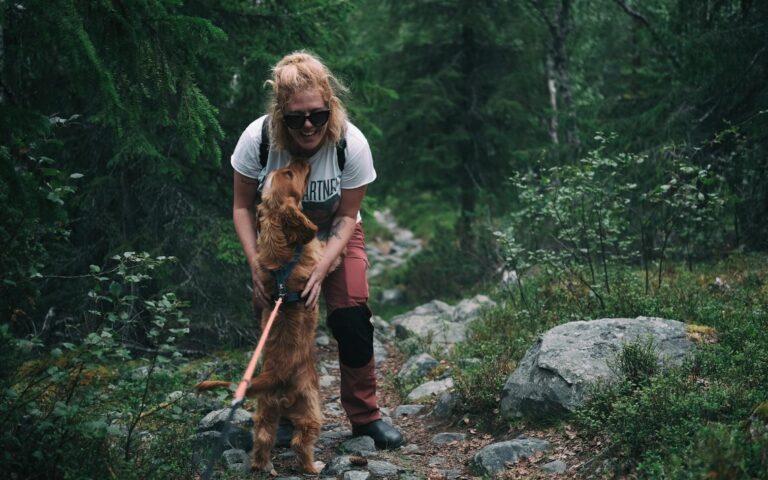How Much You Can Earn from Holiday Cottage Business in the UK?
Last Updated on
Earnings from Rental Income
Average Rental Rates
The average rental rates for holiday cottages in the UK can vary significantly based on the location, size, and amenities of the property. On average, a well-maintained holiday cottage can command between £500 to £1,500 per week. High-demand locations, such as coastal areas or popular tourist destinations, often see higher rental rates.
Seasonal Variations in Rental Income
Rental income for holiday cottages typically fluctuates with the seasons. During peak seasons, such as summer and major holidays, cottages can be rented out at premium rates, often double or triple the off-season rates. For example, a cottage that rents for £700 per week off-season might fetch £1,400 to £2,100 per week during peak season.
Peak Season Earnings vs Off-Season Earnings
Earnings during peak seasons (summer months and holiday periods) can make up a significant portion of the annual income for holiday cottage owners. It’s not uncommon for properties to achieve up to 60-70% of their total annual income during these high-demand periods. Conversely, off-season earnings may drop, but creative marketing and attractive pricing can still ensure steady bookings.

Additional Income Sources
Extra Services and Amenities
Offering extra services, such as guided tours, bike rentals, or catered meals, can enhance the guest experience and boost your earnings. For instance, providing a breakfast service could add an extra £10-£15 per guest per day.
Hosting Events and Workshops
Holiday cottages with ample space can be used for hosting events, workshops, or retreats. This can be a lucrative income stream, with potential earnings ranging from £500 to £3,000 per event, depending on the type and duration.
Partnering with Local Businesses
Forming partnerships with local businesses, such as restaurants, tour operators, or activity providers, can create additional revenue streams. For example, earning a commission from bookings made through your cottage can add £50-£100 per referral.
Factors Affecting Earnings

Location and Accessibility
The location of your holiday cottage plays a crucial role in determining your earnings. Properties in prime tourist destinations or scenic rural areas tend to attract more guests and command higher rental rates. Accessibility to major transport links and attractions also impacts occupancy rates.
Property Size and Quality
Larger properties or those with unique features (like hot tubs, pools, or historic significance) can attract higher rental rates. Investing in high-quality furnishings and maintaining the property to a high standard can justify premium pricing.
Marketing and Occupancy Rates
Effective marketing strategies, including maintaining an attractive website, listing on popular rental platforms, and utilizing social media, can significantly boost occupancy rates. High occupancy rates directly translate to higher earnings.
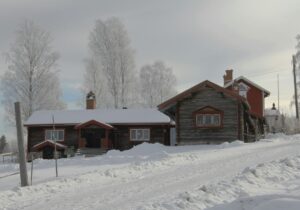
Case Studies and Real-Life Examples
Successful Holiday Cottage Owners’ Earnings
Consider the example of a holiday cottage owner in the Lake District who reported earning £40,000 annually from a well-located, two-bedroom property. Another owner in Cornwall managed to generate £60,000 annually by optimizing bookings during peak seasons and offering additional services like surf lessons.
Comparisons of Earnings in Different Regions
Earnings can vary greatly between regions. For instance, cottages in the Scottish Highlands might see different occupancy rates and rental prices compared to those in the Cotswolds. Analyzing regional market trends can provide insights into potential earnings.
Financial Considerations
Operating Costs and Overheads
Running a holiday cottage business involves various operating costs, including maintenance, utilities, insurance, and marketing. These costs typically range from £5,000 to £15,000 annually, depending on the property’s size and location.
Tax Implications and Reliefs
Holiday cottage owners in the UK can benefit from certain tax reliefs, such as the Furnished Holiday Lettings (FHL) rules, which allow for more favorable tax treatment on rental income. Additionally, expenses related to the property can often be deducted, reducing taxable income.
Maximizing Your Earnings
Effective Pricing Strategies
Implementing dynamic pricing strategies, adjusting rates based on demand, and offering discounts for longer stays can maximize your earnings. Peak pricing during high-demand periods and competitive rates during off-season can help maintain a steady income stream.
Enhancing Guest Experience for Repeat Bookings
Providing exceptional guest experiences, maintaining high standards of cleanliness, and offering personalized touches can lead to repeat bookings and positive reviews. Satisfied guests are more likely to return and recommend your property, boosting occupancy and income.
Utilizing Online Platforms and Reviews
Listing your property on popular holiday rental platforms like Airbnb, Booking.com, and VRBO increases visibility and bookings. Encouraging guests to leave positive reviews enhances your property’s reputation, attracting more bookings and higher rates.
Income Summary for Holiday Cottage Business in the UK
| Income Source | Average Earnings (£) | Notes |
|---|---|---|
| Rental Income | ||
| – Off-season (per week) | £500 – £1,500 | Earnings vary based on location, size, and amenities |
| – Peak season (per week) | £1,400 – £2,100 | Higher demand during holidays and summer months |
| Extra Services | ||
| – Breakfast service | £10 – £15 per guest per day | Additional services to enhance guest experience |
| – Guided tours | £50 – £100 per tour | Earnings from offering guided tours of local attractions |
| – Bike rentals | £20 – £30 per day | Income from renting bicycles to guests |
| Events and Workshops | ||
| – Hosting events | £500 – £3,000 per event | Earnings depend on the type and duration of events |
| Partnerships | ||
| – Local business referrals | £50 – £100 per referral | Commission from bookings made through your cottage |
| Case Studies | ||
| – Lake District cottage | £40,000 annually | Based on a two-bedroom property |
| – Cornwall cottage | £60,000 annually | Optimized bookings and additional services like surf lessons |
| Operating Costs | ||
| – Maintenance and utilities | £5,000 – £15,000 annually | Costs depend on the size and location of the property |
Related Article: How to start a Holiday Cottage Business in UK?
FAQ
What is the average yearly income from a holiday cottage business in the UK?
The average yearly income from a holiday cottage business in the UK can range from £15,000 to £60,000, depending on factors like location, property size, and occupancy rates.
How much can seasonal variations affect my earnings?
Seasonal variations can significantly affect earnings, with peak seasons potentially generating 60-70% of annual income due to higher demand and rental rates.
Are there any tax benefits for running a holiday cottage business?
Yes, holiday cottage owners can benefit from the Furnished Holiday Lettings (FHL) tax rules, which offer favorable tax treatment on rental income and allow for deductions on related expenses.
